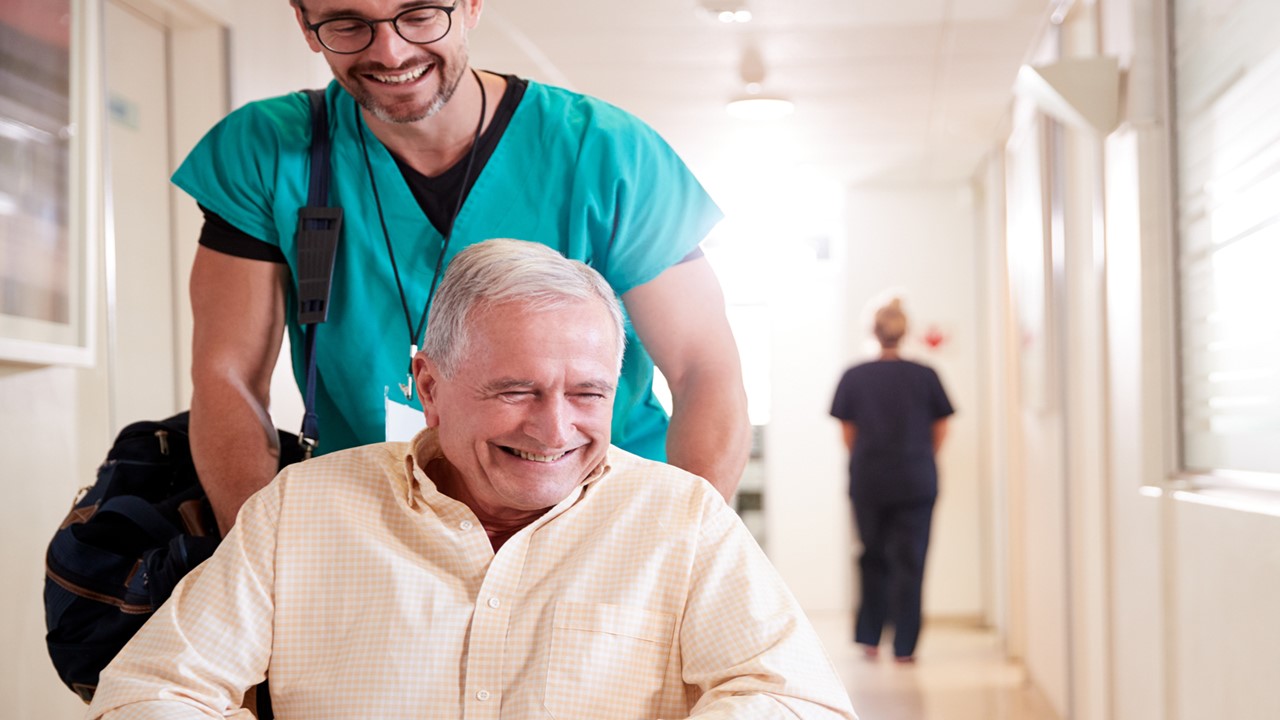
Clinical trials begin with the matching of sponsors with the right sites for their trials. But with a sector that is leaning increasingly towards personalised medicine and specificity in trials, a disconnect has opened between the two sides: Sponsors are suffering from a lack of specific site experience and results, while many smaller sites with specific expertise are failing to grab the attention of large sponsors hosting trials. A solution to this problem does exist, however: Inato’s Clinical Trial Marketplace.
Current challenges
Inato, the company behind the world’s first Clinical Trial Marketplace, was founded in 2016 as a feasibility questionnaire platform between sites and sponsors. What they learnt was there was a fundamental disconnect between the majority of sites and those sponsors looking for clinics in which to run their clinical trials.
Inato discovered that many of the smaller or less well-known sites were failing to find the clinical trials that were right for them, largely due to an inability to position themselves properly to take up matching trials. They were also largely being squeezed out of trials with sponsors most often ‘going with what they knew’ and approaching the same larger sites repeatedly for their needs.
On the sponsor side, however, many were reporting that they could not get the performance they required from sites through traditional feasibility models. There was a clear issue for both sides of the divide, with no way to match accurately and efficiently with the sites and sponsors right for them.
What is Inato’s Clinical Trial Marketplace?
Inato’s Marketplace arose from this feedback in their feasibility questionnaires that sites rarely knew why they had not been selected for trials or what they could do in the future to improve getting selected for the trials they wanted.
To that extent, the Marketplace was formed to help the broader range of sites identify trials most important to them and receive the best odds of being selected for the trial, while allowing sponsors to receive reliable performance from the process.
This meant both sides could talk about their needs and interests, and be matched accordingly. Historically, the process has always been reliant on the sponsor reaching out to particular sites to initiate conversation, a process that naturally leads to a one-sided balance of power.
It wasn’t until Inato launched the Marketplace that they realised how important it was to sites to be involved earlier in the selection process. Many sites were keen to express what their scientific and medical interests are from a research perspective, and what types of trials they want for their patients.
In an early engagement model, sites were extremely willing to give feedback on the trials they would prioritise, and why, as well as which they did not want to participate in. The significant feedback received around early engagement was a surprise, the company has noted.
COVID-19 and the Marketplace
Naturally, COVID-19 affected every aspect of clinical trials, from patient recruitment and retention to safety protocols to where funding is best allocated. The Marketplace was able to adapt quickly to this change, however. By talking to sponsors and collaborators to better understand what technology they will use for trials, and make that part of the site engagement process alongside protocol details, there is no disparity between goals and abilities despite rapidly changing needs and processes.
It is important to note that while some sites are very open to technological and strategic innovation since COVID, others prefer a more traditional approach. But the ability to identify which is which and match accordingly means better matches that don’t fall apart at a later stage when it is suddenly realised a technical component cannot be implemented by the site,
Further benefits of the Clinical Trial Marketplace
Considering its importance to matching sponsors with sites, the Clinical Trial Marketplace has surprisingly few competitors in the market. Its unique viewpoint allows for the capturing of site characteristics to better build a dataset and model about the relationship of sites, their capacities and interests etc. This will ensure both sides are well-represented when working together on a trial.
Another benefit of the Marketplace is the Inato Verified Commitment. This is an iterative process in order to come up with a secure, generally certain number of subjects / patients the site could commit to bringing to a trial. This is done through verification of evidence from CTMS systems, site databases and other systems – even through to screening logs from studies. This allows for sponsors to have a high confidence that the commitment to a certain recruitment level can be met, and that any site the sponsor partners with will have been thoroughly vetted.
Joshua Neil, Editor
PharmaFeatures
Subscribe
to get our
LATEST NEWS
Related Posts

Clinical Operations
Beyond the Intervention: Deconstructing the Science of Healthcare Improvement
Improvement science is not a discipline in search of purity. It is a field forged in the crucible of complexity.

Clinical Operations
Cracking the Code of Clinical Change: Theories as Tools in Transforming Patient Care
Improving patient care requires more than good intentions; it demands a disciplined, theory-driven approach that connects innovation to implementation and evidence to action.
Read More Articles
Myosin’s Molecular Toggle: How Dimerization of the Globular Tail Domain Controls the Motor Function of Myo5a
Myo5a exists in either an inhibited, triangulated rest or an extended, motile activation, each conformation dictated by the interplay between the GTD and its surroundings.
Designing Better Sugar Stoppers: Engineering Selective α-Glucosidase Inhibitors via Fragment-Based Dynamic Chemistry
One of the most pressing challenges in anti-diabetic therapy is reducing the unpleasant and often debilitating gastrointestinal side effects that accompany α-amylase inhibition.













